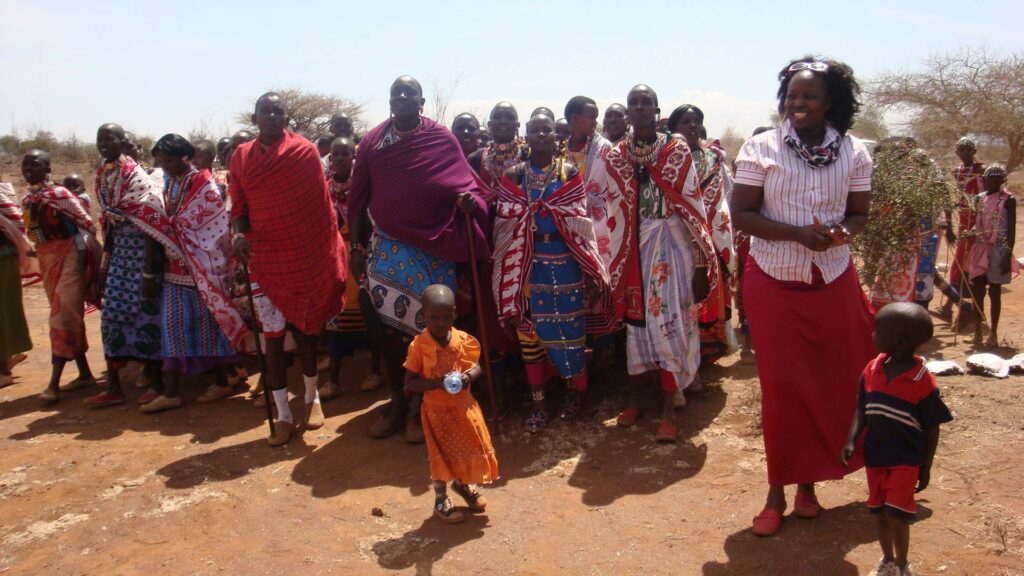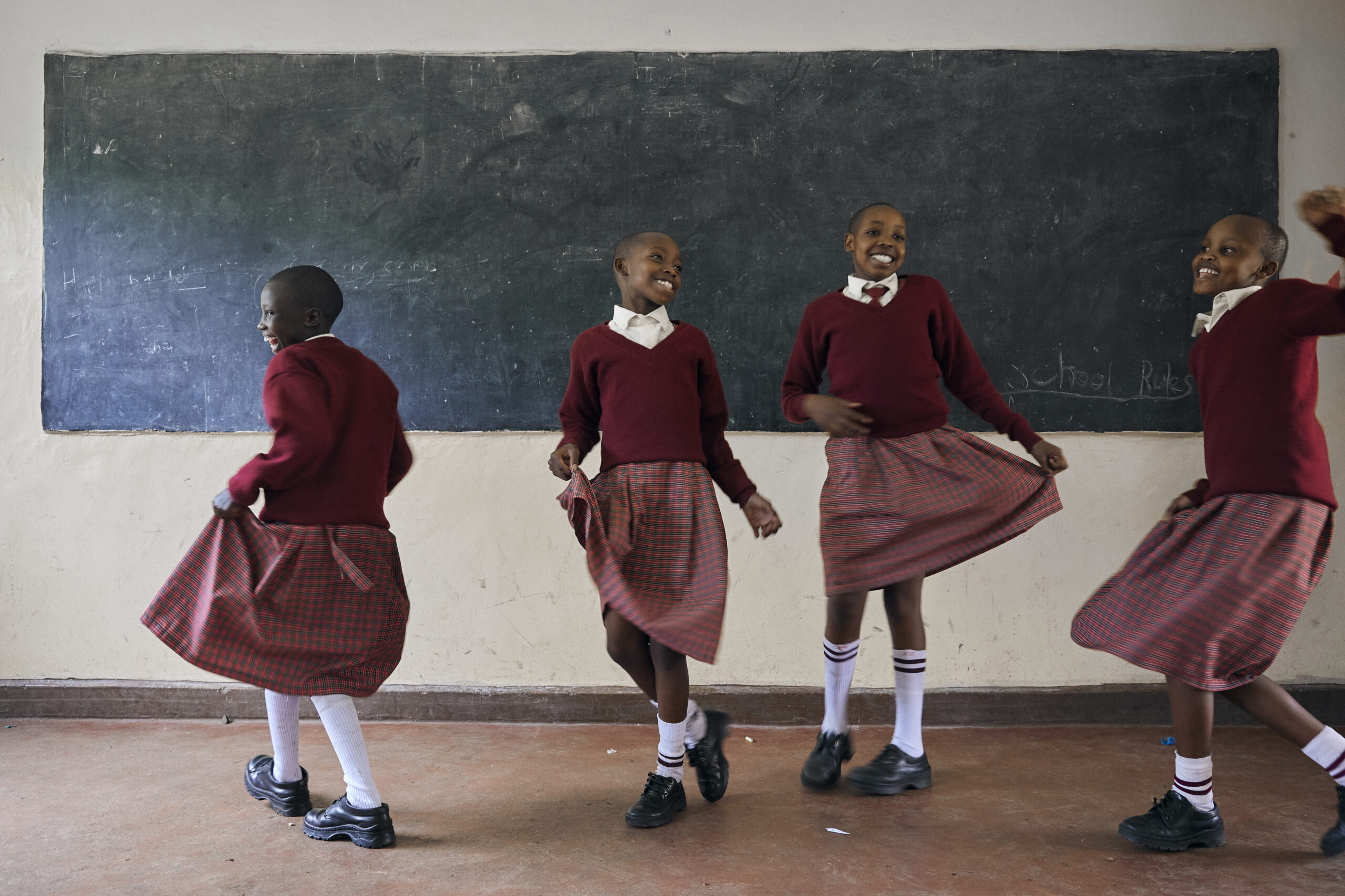YOUR PRIVACY
To enhance your experience with our site, many of our web pages use “cookies” and shopper ID’s. Cookies are text files we place in your computer’s web browser to store your preferences. To find out more, read our updated privacy policy.
"I am a believer that no woman should lose her rights and dignity because she lost her husband. Let's change that system together for all the future widows to come."
– Roseline Orwa
Founder and Director, Rona Foundation
Roseline Orwa
Roseline Orwa is an award-winning widows’ advocate who campaigns for cultural, social, and policy change around the inequalities and stigma that widows in Kenya face. She grew up in the indigenous Luo community in western Kenya. At the time, girls’ education was not a priority in her community, but both of Roseline’s parents were teachers and ensured that she and her seven siblings would all complete their schooling.
As a self-described “inquisitive loudmouth,” she says her activism began early on in life. Her progressive household and education made her question certain traditional norms and practices in her community. Why were boys seen as more valuable than girls? Why was their education prioritized over girls’ education? Why were girls expected to be quiet and obedient? She began disrupting those norms and establishing gender equal roles within her household. This would ultimately serve as great practice for her future.
Roseline was widowed in 2008 after her husband died in post-election violence. She explains that in the indigenous Luo community, widowed women undergo a forced sexual ritual that is believed to cleanse them of their husband’s death. They are then shamed, stigmatized, and cast aside, as widowed women are not seen as having any value to society. Instead many are given demeaning names, denied their husband’s property and other inheritance, barred from attending church, and even forced to shave their heads and abide by certain dress codes. Roseline was unwilling to accept this unjust fate, and so her work to disrupt and dismantle these inequalities began. “This is not a sacred practice, this is about human rights, widow’s rights, and bodily autonomy,” she explains.
During this time, her father had also passed away, leaving her mother a widow as well. Her mother encouraged her to show society a different path forward, to build a new system that centers gender equality and the dignity of widows, inspiring Roseline to form the Rona Foundation, a non-profit organization dedicated to ending the marginalization of widows in Kenya. “I am a believer that no woman should lose her rights and dignity because she lost her husband. Let’s change that system together for all the future widows to come.”
To that end, Roseline’s foundation hosts empowerment workshops to bring widows together, offering them a safe space to heal, form connections with one another, and learn and advocate for their rights. They provide job skills training and grants to help widows and widow’s groups start their own businesses and achieve financial stability. They also advocate on the local and national levels for legislation to protect widows from the traditional forms of gender-based violence they often face like forced sexual cleansing, and to advance their human and land rights. To date, the Rona Foundation has served over 8,000 widows between the ages of 29 and 80.
Recently, Roseline also joined a group of lobbyists and other organizations in drafting a UN resolution to recognize widows’ rights. It is one of the first-ever UN resolutions on widowhood, and it was passed by the General Assembly in March of 2022. Roseline shares, “I have been to spaces I would have never believed I’d be accepted in. A childless, divorced, and widowed woman speaking at the UN General Assembly, at European Parliament, addressing politicians and leaders, unheard of! I am still just a rural widowed woman that is inquisitive, and using her personal story to drive change. Anyone can do that. Stand up for something and make it count.”




